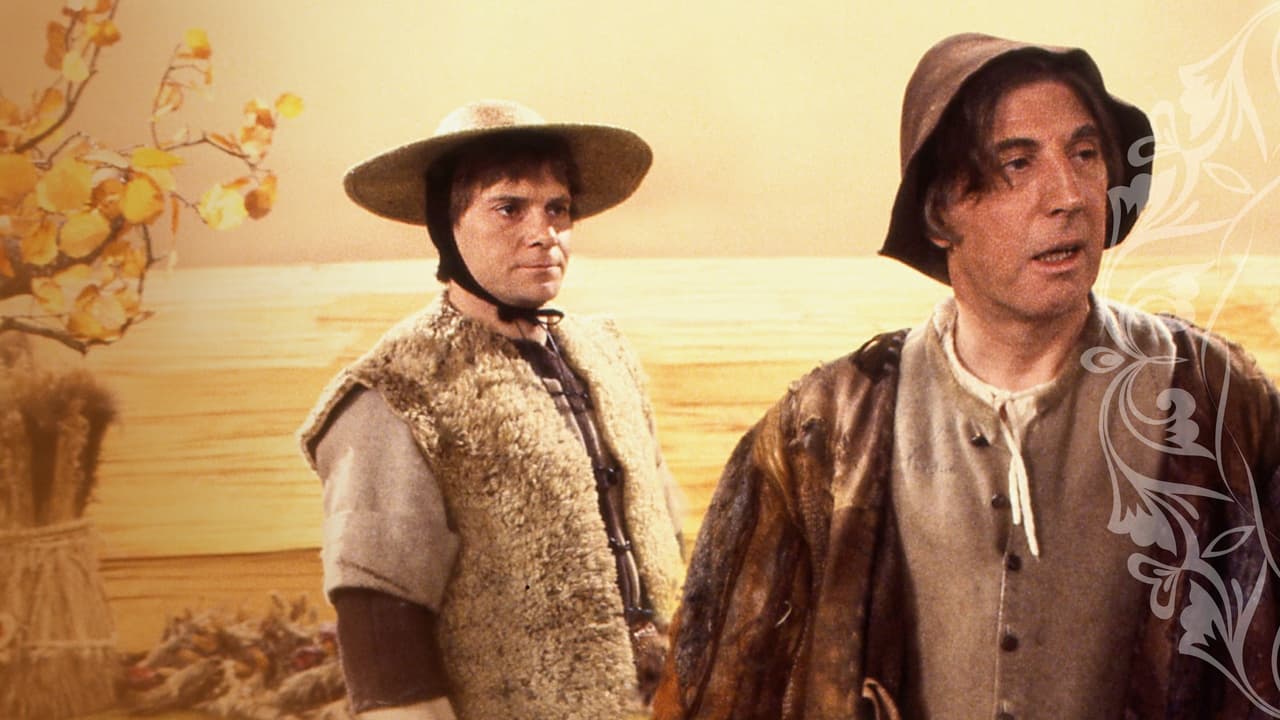Dr Jacques COULARDEAU
A fascinating play in which Shakespeare follows a simple pattern of his but multiplies the variations on that pattern. Two king brothers Leontes and Polixemes get into some row about Leontes' wife who is accused by Leontes to be an unfaithful adulteress with his brother. That accusation causes a severe punishment from the Gods: their son Mamilius dies, and then his wife Hermione dies but he had banned the daughter she had gotten then, mind you from him is spite of his accusations, and sent one of the four (mark that number) noblemen of his court, Antigonus, to expose her to wild beasts but in fact Antigonus is killed by a bear and the daughter called then Perdita is retrieved from the wild by a shepherd. Antigonus was the husband of the midwife who delivered the daughter of the Queen. Leontes had also sent a second of his noblemen after his brother Polixemes to poison him, which that nobleman Camillo will not do and he will shift allegiances.We jump then from Sicilia, Leontes' kingdom, to Bohemia, Polixemes' kingdom and the shepherds there, "sixteen summers" later, of course will I say: 4 is good, 8=4x2 is perfect so you can imagine what 16=4x4=8x2 can be: heaven. And heaven it is. Polixemes' son Florizel is courting the shepherdess Perdita. The father, Polixemes, and his adviser, Camillo, under disguise, find out. Camillo will play the double agent in the two directions: securing a diplomatic mission to Florizel from his father in Sicilia and Perdita could go along and they could be married in Sicilia, and at the same time the Shepherd who raised Perdita manages to bring to Polixemes the evidence of the royal origin of Perdita and then Camillo and Polixemes plus the Old shepherd and his son just known as the clown follow suit and arrive in Sicilia just after the two young people.All that is so well done that the suspense is always perfect and strong, though we know what is going to happen. That's Shakespeare's art: he knew how to sustain suspense till the last minute.And he can finish with the correction of the evil imposed by Leontes a long time ago, it is true with a little bit of magic that will revive Hermione, the Queen, from her stone statuesque avatar, or likeness.The main people who are reunited are Leontes, Polixemes, Hermione, Perdita, Florizel, hence five people, a satanic pentacle. But six couples are also reunited balancing thus the pentacle with a symbol of Solomon's wisdom: Leontes and his brother Polixemes, Leontes and his Queen Hermione, Hermione and her daughter Perdita, Leontes and his daughter Perdita, Perdita and Florizel, and finally Florizel the run away son and his father Polixemes.But he adds to these six couples two more to reach eight and hence the reunion of sixteen people, two by two, with the nobleman Camillo and the nurse and midwife Paulina, and the Old Shepherd and his son the Clown who are the beneficiaries of the generosity of the two kings, and the son is made noble on the same occasion. And we reach there the absolute perfection of 16, heaven on earth.What are the tragic and dramatic elements Shakespeare purifies: the two brothers (Hamlet), the poison between them, the distribution of flowers by Perdita (Ophelia), the exposed baby (a Greek and Germanic classic), the false accusation against a wife (many instances), the rebellious son and his elopement (Hamlet, Romeo and Juliet, and so many others) the jealousy of a husband (Othello and Desdemona), the lost child finally re-found (the Tempest, Twelfth Night, and a few others) and of course the elimination of all the participants in the disturbance of the balance of time that are here most of them revived, re-found and reunited.The peddler selling ballads is not typically Shakespearian though we may think of Romeo and Juliet and the minstrel in the dance but in the same period, one or two years later, Ben Jonson will use the same trick in Bartholomew Fair. So what makes Shakespeare and this production of The Winter's tale different? The rhythm which is very intense and the outside setting which is always the same except for the color, painting, decoration and it is very geometrical with one alley between two triangular blocks. Yet Perdita who looks nearly her age, 16, seems younger than Florizel who should be the same age. But that is a slight detail. I guess it is not easy to get teenage actors who can fill up these roles.This constantly broken pattern, rejuvenated by some variation, and yet always present behind makes this play stand out.Dr Jacques COULARDEAU, University Paris 1 Pantheon Sorbonne, University Paris 8 Saint Denis, University Paris 12 Créteil, CEGID
Alain English
This excellent Shakespearean comedy is given a good production here with the BBC. Excellent performances combined with some great direction make this one of the more watchable of the BBC productions.King Leontes of Sicily (Jeremy Kemp) suspects his wife Hermione (Anna Calder-Marshall) of cheating on him with his friend King of Bohemia Polixenes (Robert Stephens) and sets in motion a tragic train of events leading to an improbable but welcome resolution...Jeremy Kemp is excellent as Leontes, and Margaret Tyzack is on fine form as Hermione's friend Paulina. Debbie Farrington plays Perdita, Leontes grown-up daughter and she is well matched with Robin Kermode who plays Floriziel. David Burke is solid as Camillo, and it's interesting to see Scottish actor Rikki Fulton as amiable rogue Autolycus.It's not all good - the bear special effect nearly produced laughter in me and the time span of the story is not played well at all - Camillo is the only who appears to age at all.Still, it's good fun and well-paced despite it's three hour running time.Good stuff.
sbullard-2
When watching this screen adaptation of "A Winter's Tale," one must first keep in mind that this is a BBC production and an ensemble cast of actors. This is not Baz Luhrmann's Romeo and Juliet and should not be confused as such. That aside, it is one of the better Shakespeare plays produced and is what a real Elizabethan citizen might have seen in their time. There is no pop and circumstance to detract from the text of the play. The scenes are well acted and beautifully played out by some of the best ensemble Shakespearean actors to ever cross the stage.Jeremy Kempt gives a wonderful portrayal of the tormented King Leontes and is well supported by David Burke as Camillo. Hermione is given a delicate sense of nobility by Anna Calder-Marshall and brings the grounding feminine presence to the play. Not to be overlooked is Margaret Tyzach who plays the proud and noble Paulina who defends Hermione in her darkest days. The only two lacking performances were those of Perdita and Florizel played by Debbie Farrington and Robert Kermode respectively, although I blame their bland performances on being young and inexperienced.
drn5
This is a TERRIBLE film, one of the worst Shakespeare adaptations ever made in the history of the world. It manages to bore FROM THE FIRST FIVE SECONDS, and to watch the entire three hours is an appalling prospect. Made with no imagination at all, and on a budget of 57 pence, it has only one (boring) set, and an array of famous actor giving boring, boring performances. Even the comic pastoral scenes are slow, clumsy and lumpen. Poor Shakespeare. Poor students forced to watch this film. When you die and go to Hell, this will be the in-flight movie.


 AD
AD



